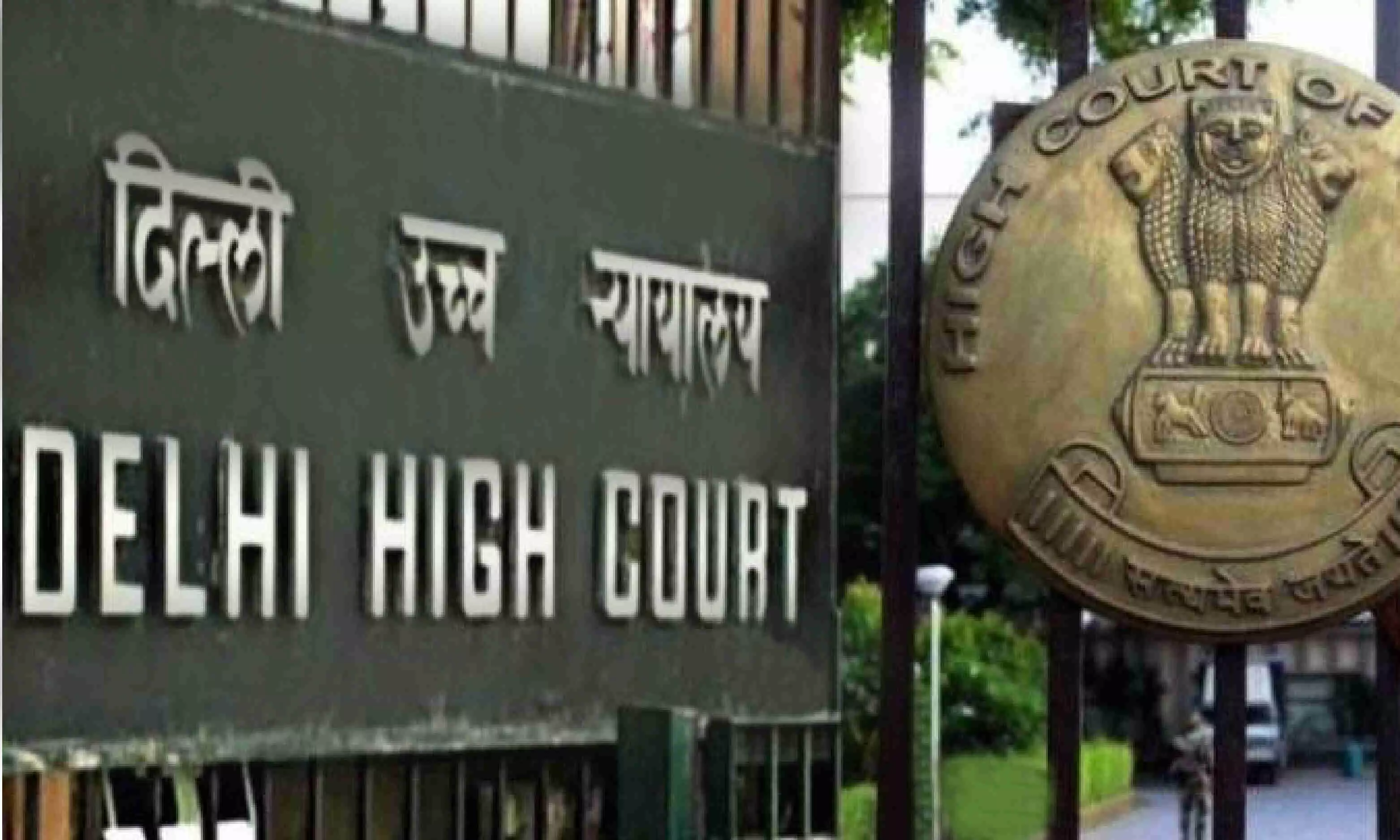
Reopening Of Evidence Can Only Be Allowed If Court Is Satisfied It Is Crucial & Could Not Be Produced Earlier For Reasons Beyond Control: Delhi HC
 |
|The Delhi High Court has reiterated that the reopening of evidence is not a matter of right, and can only be allowed if the Court is satisfied that the the additional evidence is crucial and was not produced earlier due to reasons beyond the control of the party.
In that context, the Bench of Justice Shalinder Kaur had said, "reopening of evidence is not a matter of right for the parties. It can only be allowed, if it is essential for the just decision of the case. The court must be satisfied that the additional evidence is crucial and was not produced earlier due to reasons beyond the control of the party."
The petitioners challenged the dismissal of their appeal filed under Section 38 of the Delhi Rent Control Act, 1958 (DRC Act). They had initially filed an eviction petition (RC ARC 14/2019) under Sections 14(1)(b) and 14(1)(c) of the DRC Act, seeking eviction of the respondents for sub-letting and misuse of the property at 16 A Sunder Nagar, New Delhi. The respondents contested this petition. Petitioner No. 1 died on 29.01.2010, and Petitioner No. 2 was substituted as the legal heir on 11.05.2011. The trial court framed issues, and petitioners began presenting their evidence.
Only one witness, PW-1, was examined and cross-examined by the respondents. On 03.09.2019, the Rent Controller (RC) closed the petitioners' evidence and listed the case for respondents' evidence. The petitioners then filed an application under Order XVI Rule 1(3) and Order VII Rule 14(3) CPC to reopen their evidence and introduce documents showing sub-letting. The respondents opposed this, and the RC dismissed the application on 15.01.2020.
The petitioners appealed this decision under Section 38 DRC Act, but the Appellate Court dismissed the appeal on 10.09.2020. Consequently, the petitioners filed a petition under Article 227 of the Constitution of India to challenge the Appellate Court's judgment.
The petitioners argued that both courts erroneously held that the evidence they sought to introduce was beyond the original pleadings, despite mentioning sub-letting in their eviction petition. They also contended that sub-letting instances should be construed liberally and that the RC erred by not acknowledging sub-letting by JNA law firm. They argued they were not required to name the sub-tenant explicitly and that the Appellate Court incorrectly held that the petitioners delayed collecting evidence.
The respondents, however, supported the Appellate Court's judgment, arguing that the petitioners were attempting to fill gaps in their case. They highlighted the petitioners' history of delayed and dismissed petitions, suggesting a lack of seriousness. They argued that the petitioners had ample time to collect evidence and that their late efforts raised suspicion. The respondents maintained that the plea of sub-letting to JNA law firm was beyond the original pleadings and that reopening evidence should not be used to fill such gaps.
The High Court examined the circumstances and determined that the petitioners became aware of the relevant evidence in 2019 and consequently, they filed an application to reopen their evidence. The Court held that this evidence, gathered in 2019, should not be dismissed merely because the petitioners had suspicions in 2016 but did not take legal steps to collect evidence at that time.
In that context, it was said that, "Keeping in view of the peculiar circumstances as put forth by the parties and in the interest of justice, petitioners are allowed two opportunities to lead its evidence, subject to cost of Rs. 35,000/- to be paid to the respondent before the learned Trial Court on the next date of hearing."
The Court allowed the petitioners to submit specific documents within a week and emphasized the need for expeditious disposal of the case by the Rent Controller (RC) due to its age.
Cause Title: Pushpa Khanna & Anr. vs Sanjay Narang & Ors.
Click here to read/download the Judgment